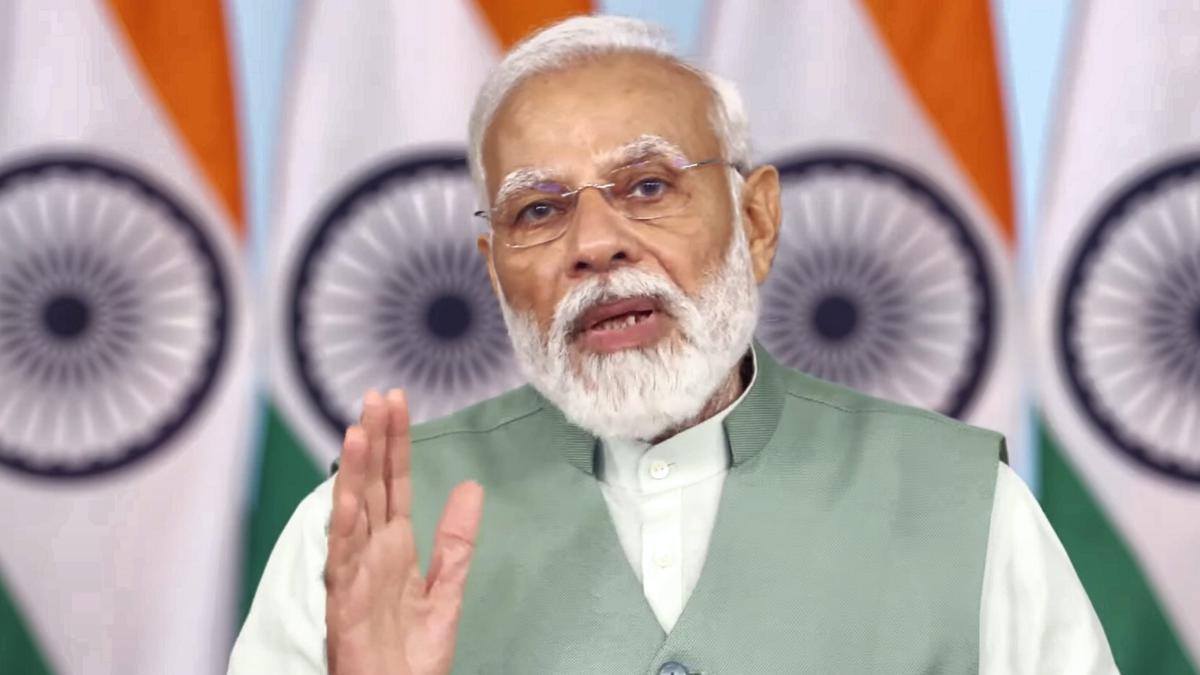Geopolitical tensions and COVID-19 impacted development in Global South: PM Modi
Mr. Jaishankar described the SDGs as “landmark” but pointed out that the international community has not pursued them in a well-coordinated manner saying, “Cherry picking” not useful for SDGs.
Amid the ongoing Russia-Ukraine war, Indian Prime Minister Narendra Modi said on Monday that "geopolitical tensions" had dealt another blow to the global South, countries already badly hit by the COVID-19 pandemic.
In fact, Modi said at the G20 development ministers' meeting that development is a central issue in the global south and that "food, fuel and fertilizer crises due to geopolitical tensions have dealt another blow".
The Global South includes the countries of Latin America, Africa and much of Asia. India, the current chair of the G20, hosts many events under the umbrella and hosts the bloc's leaders' summit in September.
The G20 is a strategic multilateral forum that brings together the world's largest developed and emerging economies, accounting for more than 80 percent of global GDP, 75 percent of international trade and 60 percent of the world's population.
"The decisions you make in these circumstances are very important for all of humanity. I strongly believe that it is our collective responsibility not to leave the Sustainable Development Goals (SDGs) behind," Modi said at the meeting, which will be held in northern Uttar Pradesh until Tuesday.
"We need to make sure no one is left behind. It is imperative that this group sends a strong message to the world that we have an agenda to achieve this."
The protracted war between Russia and Ukraine has adversely affected energy, food and fertilizer markets around the world.
The agreement on the Black Sea Grain Corridor, brokered by Turkey and the United Nations last year, made it possible to transport more than 30.5 million tons of grain from August 1, 2022. According to the UN Office for the Coordination of Humanitarian Affairs (OCHA), more than 15.5 million tons of maize, 8.4 million tons of wheat, 1.7 million tons of sunflower pulp, 1.5 million tons of sunflower oil, 1.3 million tons of barley, 0.98 So far, transported 0.76 million tons of rapeseed, 0.76 million tons of soybeans, 0.22 million tons of sunflower seeds, 0 ,11 million tons of rapeseed and 0.13 million tons of other grain products.
Turkey, the United Nations, Russia and Ukraine signed a preliminary agreement in Istanbul before July to resume grain exports from three Black Sea ports, which were suspended after the start of the war between Russia and Ukraine in February 2022.
The contract was due to expire on May 18, but was extended by two months.


